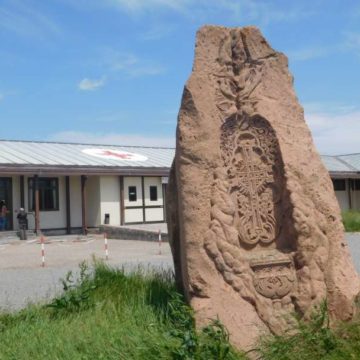These days the word panic bounces off the thoughts, dialogues, and especially media stories that are mostly focused on telling moods or stories steeped in fear. Panic was a word that ended a few weeks ago on the margins of vocabulary linked to specific episodes often told by ‘others.’ This word was related to states often individual (for example, having a panic attack) and not permanent (there are many days since the beginning of the epidemic) and social (we are all exposed to panic). The word panic was born about the god Pan (half goat half man) who suddenly attacked girls in the woods, scaring them with his bagpipe.
Pan suddenly entered people’s lives without ‘warning,’ with a ‘big noise’ that disorientated the victim and, above all, did not involve reason. If our ancestors could hear our dialogues, they would undoubtedly imagine hordes of Pan, called crown virus, dressed in goat hair that aims to make solitary victims in the woods! Are you smiling? Try to reflect between ancient history and the history of today. What are the differences? What are the similarities? And try breathing in your interpretation of panic. Difficult perhaps? We are fortunate to have a Master who helps us in today’s Gospel. Jesus tells us that in time of ‘panic’ (leprosy famine), he calls us to be prophets (like Elijah and Elisha). Prophets of what? Indeed not of the amuchina, not of defense against the enemy, but perhaps of that sense of hope that can change our lives by making us smile and smile. Courage!


















Camillians on Facebook
Camillians on Twitter
Camillians on Instagram